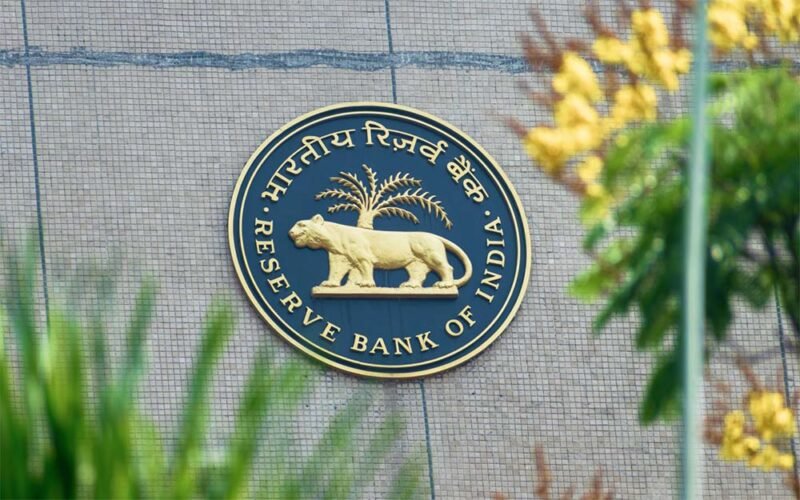The Reserve Bank of India has unveiled a sweeping draft of regulatory changes that could redefine the country’s relationship with its banks — from locker safety to cyber fraud accountability.
A Historic Overhaul of Banking Conduct
In one of the most ambitious reform proposals in recent years, the Reserve Bank of India (RBI) has issued Draft 238, a comprehensive set of new banking rules aimed at improving transparency, consumer protection, and systemic accountability. The draft — open for public consultation until November 10 — marks the first time India’s central bank has invited citizen input on a regulatory overhaul of this scale.
Former RBI Governor R. Gandhi called the move “unprecedented,” saying it signals a shift toward participatory regulation. The new framework, slated to take effect from January 2026, seeks to bring uniformity across public and private sector banks while tightening oversight on financial ethics, fraud prevention, and customer rights.
India’s 2025 Cyber Rules Redefine Digital Identity Compliance
From Cyber Fraud to Chit Funds: Tightening the Cracks
Among the headline provisions, the draft introduces a three-day reporting window for victims of cyber fraud. Customers who alert their banks within that period will be entitled to protection, while banks failing to act promptly could face a fine of ₹25,000 per incident. The rule, officials say, aims to make institutions more responsive to the surging number of digital scams across India.
The proposal also expands asset disclosure requirements to include private bank employees — a measure long applied only to their public sector counterparts. By mandating annual asset declarations, the RBI hopes to deter conflicts of interest and reinforce public trust.
In parallel, the regulator has instructed banks to block all transactions related to lotteries and chit funds, citing their repeated use in fraud and money-laundering schemes.
Deposits, Loans, and Lockers: Everyday Banking Under Review
For millions of account holders, the draft carries practical implications. The process for claiming unsettled or forgotten deposits will now be streamlined: banks must refund customers directly and later reconcile the amount with the RBI. This reverses the earlier process, which routed funds through central repositories first — often delaying refunds for months.
Borrowers, too, will see changes. A unified loan interest formula will apply across all banks, eliminating arbitrary rate differences. Prepayment fees for loans will be abolished, and banks will face penalties of ₹5,000 per day if they fail to return customer documents within 30 days of loan closure.
Additionally, the RBI proposes stricter disclosure norms for loan offers, requiring full clarity on interest rates, fees, and penalties — a move to curb hidden charges. Home loan borrowers taking loans over ₹20 lakh will now face higher down payments of up to 20 percent, compared to the earlier 10 percent threshold.
Perhaps most notably for depositors, the central bank has redefined locker accountability: in cases of theft or damage, banks will now be required to compensate customers up to 100 times the annual rent value of the locker — a stark shift from previous years of near-total immunity.
New Era of Customer Rights and Transparency
The proposed norms also sharpen procedural discipline within banks. Risk-based KYC updates will now occur on a tiered schedule — every 10 years for low-risk accounts, every 8 for moderate risk, and every 2 for high risk — and must be conducted by the banks themselves, not third parties.
The RBI further plans to modernize credit reporting cycles: CIBIL score updates must reflect within 15 days of any payment or default, down from the earlier 90-day window, ensuring borrowers’ creditworthiness is tracked in near real time.
Finally, the regulator has ordered monthly publication of government-seized properties on official portals — a transparency move aimed at deterring opaque asset disposals. For India’s elderly citizens, banks will be obligated to provide doorstep services to those above 70.
The Road Ahead
While Draft 238 is still open for feedback, its tone is unmistakable: India’s financial sector is being re-engineered for public accountability. The changes, analysts say, reflect a central bank grappling with the demands of digitalization, public mistrust, and the growing complexity of modern finance.
As the RBI readies to finalize the reforms by early 2026, the message to both lenders and customers is clear — the age of unchecked discretion in banking may soon give way to one of transparent compliance and shared responsibility.


